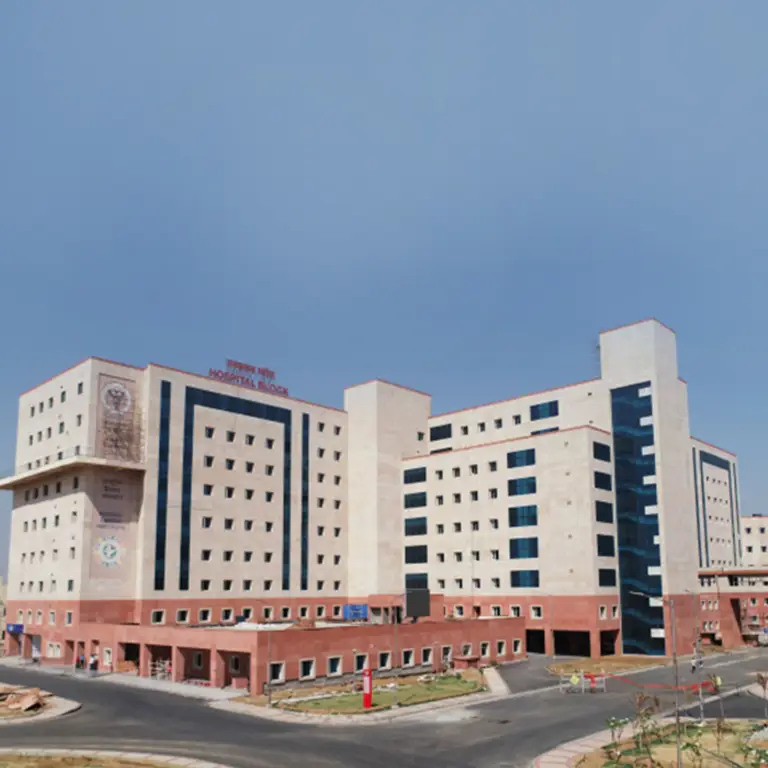
Hospitals are complex, dynamic organizations providing a wide range of medical services aimed at diagnosing, treating, and preventing illnesses and injuries. This description outlines the key features and functionalities offered by modern hospital systems, encompassing various specializations and levels of care.
Core Services:
Advanced Capabilities (May vary by Hospital):
Key Differentiators:
Conclusion:
Hospitals are essential components of the healthcare system, providing critical medical services and supporting the well-being of communities. The breadth and depth of services offered vary widely based on size, specialization, and available resources. Choosing a hospital should involve considering individual needs, desired level of care, and the hospital's reputation and accreditations.